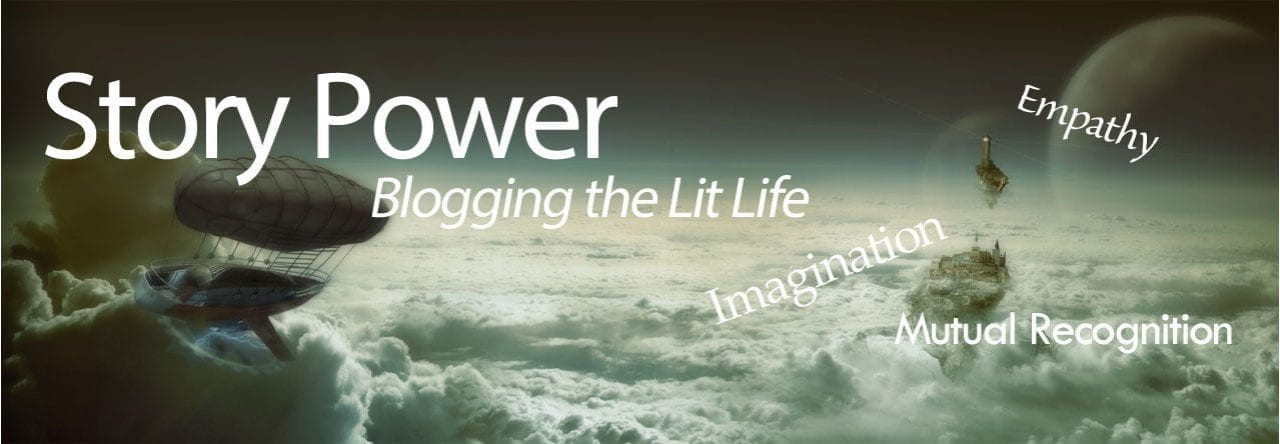A land of promise is a land of pressure. A land of emptiness is a land of despair. Ours is a land of both.
Pa used to say granddaddy’s genes had no defects. Above the fireplace’s mantle, newspaper clippings that mentioned him as an agricultural authority, of political importance, and that recorded the high school football game box score from a memorable sectionals final are prominently displayed. More importantly, family lore dedicated a number of flattering anecdotes to him. Retold on the rare occasions when all the kin in the county gathered together under one roof for one meal, these, the lifeblood of ancestral relevance when no possession survives dust storms forever, preserved him as a man of significance, and as a man of respect, when so few of us could aspire to such things. Yet, the acres we till today had already begun to weather in Pawpaw’s time, the ‘78 Cruiser that rusts beneath the stunted willow tree broke down before its odometer ticked fifty miles and was never fixed, and those clippings above the hearth mention my lauded forefather only in passing – though that has been left unsaid for my lifetime. So, with Pawpaw, I knew better than Pa.
But with my brother, reality needed no embellishment. Ask any neighbor, townsfolk, or grammar school affiliate, and my brother was a phenom. A budding star, he could have breezed right through graduate school, had Pa the means for it, or landed himself an athletic scholarship, had Ma the temperament to chauffeur him around to the various practices and workouts he’d have needed to attend.
What he did have however, something that no external weaknesses could strip, was his vision. A sense of purpose that transcended all other feeling for him. It was that inner motor that everyone around him intuitively recognized, a near tangible drive that made him the most beloved man around.
My brother moved out and onwards in life far before I had the opportunity to latch onto his rocket. Born ten years and three months and five days after he first breathed in petroleum fumes from the tractor’s exhaust – as he was born in harvesting time, so Mama had no choice but to enter childbirth on the bed of a neighbor’s pickup truck while out on the field, having forgotten, in her haste, to shudder off the engine of the tractor she’d abandoned, and thereby condemning the wailing infant’s nostrils to be ever tinged by the dirtied exhales of machinery – I inherited a family who’d already been burnt once by a bundle of promise, and who were seasoned enough to make no mistake twice.
After he’d hightailed it away to a coast someplace, I’d gone and rummaged through the things left behind in his room. Lacking an abundance of earthly possessions to carry along with him, little remained. A ceramic plate lay atop his bureau, crumbs from one of Ma’s pastries dancing across it as the rattling air conditioner unit shook the room, a singular tee sat forgotten in a drawer left ajar, and myriad trinkets and baubles cluttered the windowsill beside the bed frame.
What drew my eye though, were two things. One, a copy of Camus’ The Stranger, cover wrinkled, binding plastered, pages torn, discarded face down beneath his bed. Despite all the evidence suggesting frantic repeated readings, only one thought had been inked by the reader in the book: “Wrong! Individuality, agency, and resolve must evoke change.” Rejection and defiance. Quite how strongly such a book, such an ideology as the one proposed therewithin, challenged my brother’s own values I cannot tell, I only know it must have.
And two, a copy of Beloved, left open, intentionally I’d reckon, at the foot of his bed. Page after page filled with marginalia, post-it notes jotting out often and irregularly, and water marks all testified to the obviously immense time my brother spent with this book and the indelible impression this book had on my brother’s development. There, atop his childhood covers, a page of transcendent literature faced upwards, directed towards the heavens only to be interrupted by a peeling popcorn ceiling. A passage, meant for my eyes, that, though beautifully woven even to my dulled literary senses, must have evoked sentiment untold in my brother’s mind: resentment, guilt, and ultimately, acceptance of actions mandated by his higher purpose. In it, within, a story of captivity to the past. A legacy inescapable, a history undealt with, a family that erodes. A warning to me, from him. A brotherly plea to be better than that. To be stronger than that. To follow his lead.
Since his departure, I’ve gravitated towards our porch. The noblest part of our abode, my brother spent time here too, it was just about the only thing on our property he liked. The dry wind carrying soil particulate into the stubble beneath my chin and the cavities in my ears, it is impossible to imagine myself anywhere else, it is unimaginable to imagine the effort it would take to escape, and is unbearable to consider the pain I’d inflict upon my loved ones would I copy my brother. And so I begin to wither.
